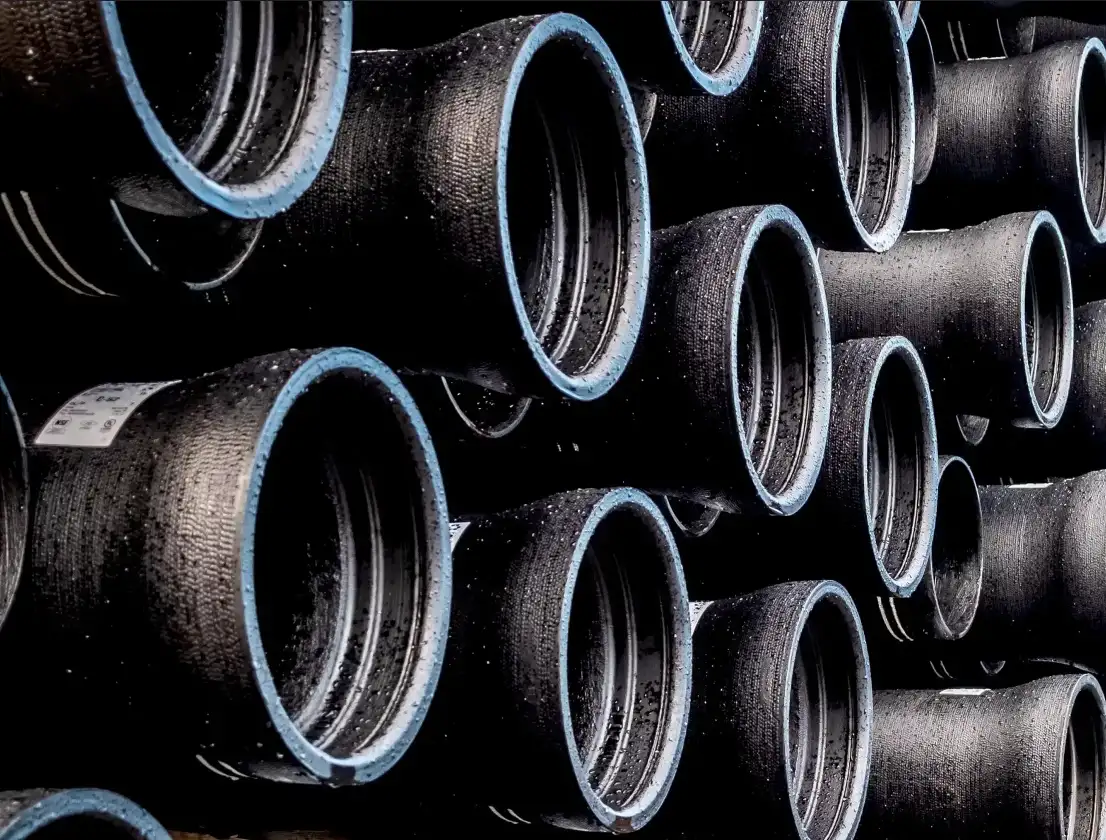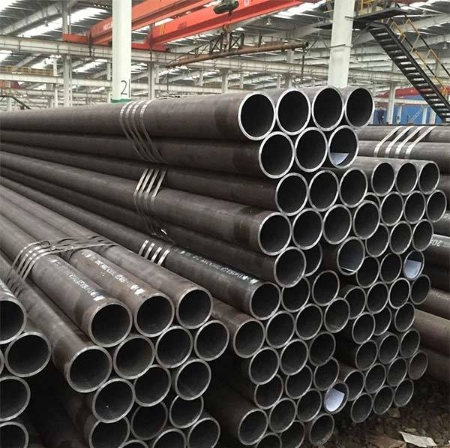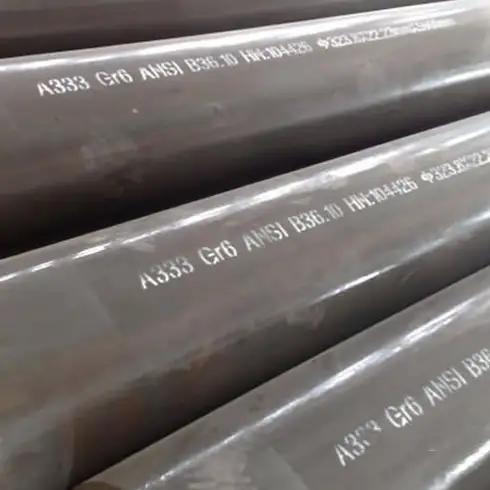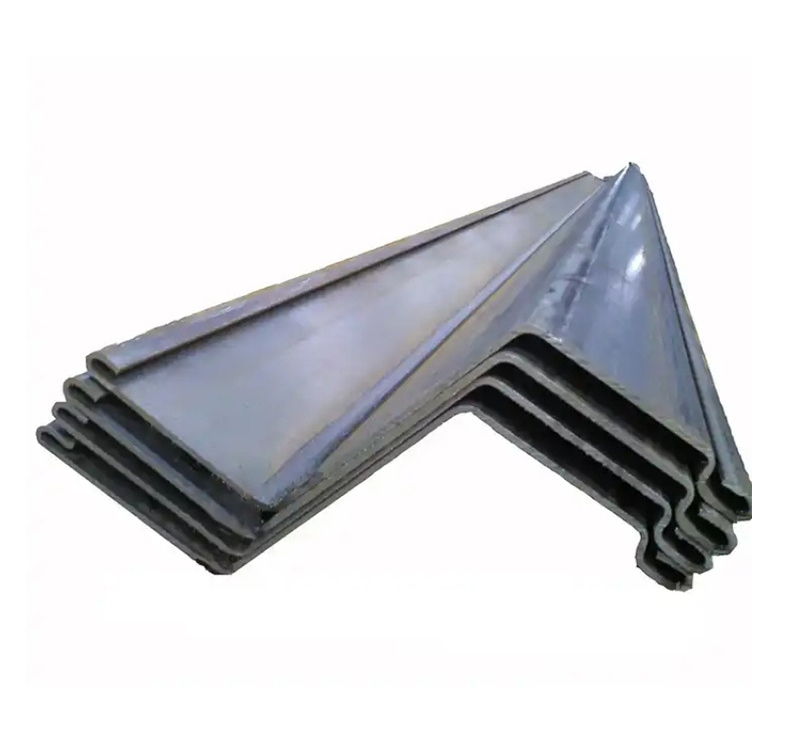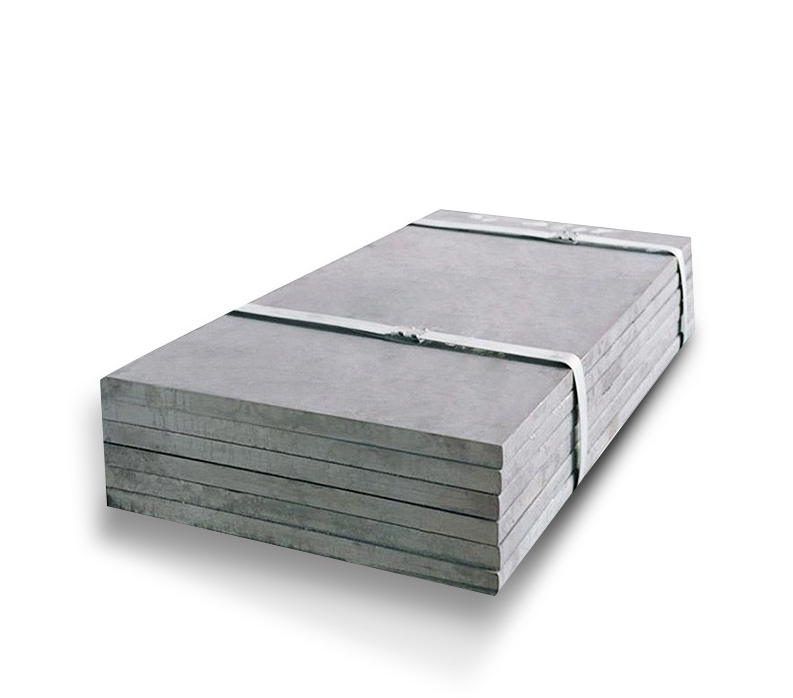SPCC denotes a specific grade of commercial quality cold-rolled carbon steel as per the Japanese Industrial Standard (JIS) G 3141. These steel coils are highly valued for their excellent formability, smooth surface finish, and suitability for applications requiring drawing or bending. The designation SPCC translates to: S for Steel, P for Plate (though widely used for sheets/coils), C for Cold-rolled, and the final C for Commercial quality.
Key Attributes of High-Quality SPCC Carbon Steel Coils
To be classified as high-quality, SPCC coils must exhibit excellence in several critical areas:
- Controlled Chemical Composition: The paramount factor is strict control over elements such as Carbon (C), Manganese (Mn), Phosphorus (P), and Sulfur (S). Low carbon content (typically ≤ 0.12%) is essential for the material’s signature ductility and formability.
- Consistent Mechanical Properties: Reliable tensile strength, yield strength, and elongation values are crucial. For example, a high-quality SPCC coil will demonstrate elongation suitable for deep drawing operations without fracturing. Hardness, usually measured in HRB, must also be within specified limits.
- Precise Dimensional Tolerances: Uniformity in thickness, width, and flatness (minimal waviness or camber) across the entire coil is non-negotiable for high-quality material. Advanced rolling technologies are employed by manufacturers like Shanxi Luokaiwei Steel Company to achieve these tight tolerances.
- Superior Surface Finish: SPCC coils are available in finishes like bright (SPCC-SB) or dull (SPCC-SD). A high-quality coil must be free from surface imperfections such as rust, scale, scratches, pits, or roll marks that could affect the final product’s appearance or performance.
- Excellent Formability and Weldability: The material should readily undergo stamping, bending, and drawing processes. Good weldability is also a characteristic of quality SPCC, allowing for versatile fabrication methods.
Common Applications
The desirable characteristics of high-quality SPCC make it a preferred material for a wide array of products, including:
- Automotive components (e.g., internal panels, non-structural parts)
- Housings and casings for home appliances (refrigerators, washing machines, air conditioners)
- Office furniture and equipment
- Drums, pails, and other containers
- Electrical enclosures and switchgear components
- Building materials like ceiling grids and ductwork
Utilizing high-quality SPCC, such as those that might be sourced with stringent quality checks, contributes to smoother manufacturing processes, reduced tool wear, and a lower defect rate in finished goods. Consistency in material properties, a hallmark of reliable suppliers like Shanxi Luokaiwei Steel Company, is vital for automated production lines.
Ensuring Quality in SPCC Coils
When procuring SPCC carbon steel coils, buyers should prioritize:
- Mill Test Certificates (MTC): Always request and review MTCs. These documents provide certified details of the coil’s chemical analysis and mechanical test results, verifying compliance with JIS G 3141.
- Supplier Verification: Partner with reputable suppliers known for their quality control systems and consistent product output. Firms like Shanxi Luokaiwei Steel Company often highlight their adherence to international standards.
- Surface Condition and Oiling: Ensure coils are properly oiled for rust prevention during transit and storage. The type and amount of oil can be specified.
- Coil Integrity: Check for uniform winding, secure strapping, and absence of edge damage or telescoping.
The selection of a dependable SPCC coil supplier, potentially including established names in the industry, is a critical step in guaranteeing the integrity and performance of the final manufactured products. The commitment to quality by steel producers such as Shanxi Luokaiwei Steel Company plays a significant role in supporting diverse manufacturing sectors.



